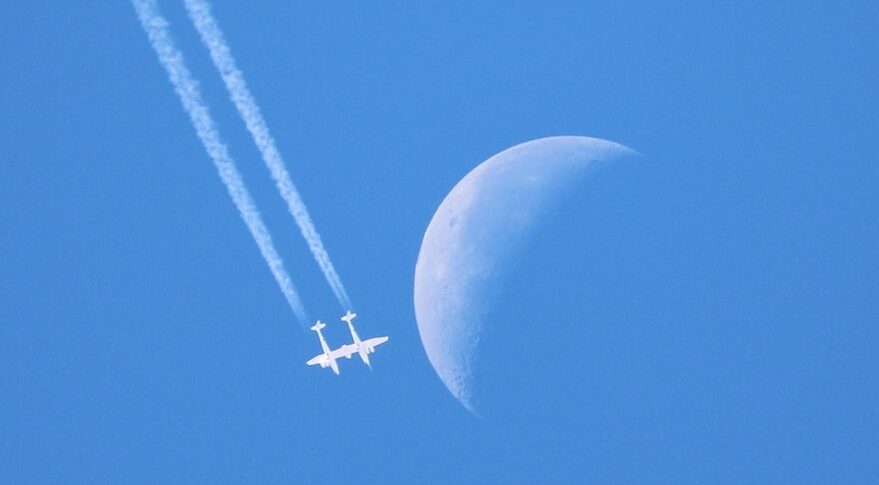
Virgin Galactic restructures leadership as it prepares to resume flights (Image Credit: Space News)
SEATTLE — As Virgin Galactic moves closer to resuming flights of its SpaceShipTwo suborbital vehicle, the company is reorganizing its leadership and parting ways with a senior executive.
Virgin Galactic announced Jan. 12 that it was creating a “streamlined” management structure as it prepared to begin long-delayed commercial operations this year. As part of that change, Swami Iyer, president of aerospace systems at Virgin Galactic, was leaving that position effective immediately, but would stay as an adviser until March 3.
Iyer, a former Air Force test pilot, joined Virgin Galactic in February 2021 after working for several aerospace and defense companies. He was responsible for the teams building the company’s new suborbital vehicles and carrier aircraft.
“With the completion of the enhancement program for our mothership at hand, our streamlined leadership structure will help propel the business forward as we prepare for commercial spaceline operations,” Michael Colglazier, chief executive Virgin Galactic, said in a statement. “Swami has been instrumental in establishing our future production strategy and in leading the work to prepare our initial ships for commercial flight, and we are incredibly grateful for his contribution.”
Under the company’s new leadership structure, Mike Moses will serve as president of spaceline missions and safety. Moses has been at the company since 2011 in various positions overseeing flight and mission operations.
Mike Moore, a former senior vice president for technical operations at Delta Airlines who joined Virgin Galactic in 2022, is the executive vice president for spaceline technical operations. Steve Justice, who joined the company at the same time as Iyer after a long career at Lockheed Martin, moved into the position of senior vice president of spaceline programs and engineering.
The leadership restructuring comes almost 18 months after SpaceShipTwo’s last flight in July 2021, which took company founder Richard Branson on a flight beyond the 80-kilometer boundary the company and U.S. government agencies define as space. Shortly after the flight Virgin Galactic announced that both the VSS Unity spaceplane and its WhiteKnightTwo aircraft, VMS Eve, would enter an extended maintenance period that ended up stretching through 2022.
The company said in the announcement of the reorganization that it remained on schedule to begin commercial fights of VSS Unity in the second quarter of 2023. The company, in its most recent earnings call in November, said it was delaying work on its next spaceplane, VSS Imagine, so it could prioritize resources to get Unity flying.
According to the company, work on VMS Eve, at a Virgin Galactic facility in Mojave, California, is complete and the plane will begin ground tests next week. That will be followed by flight tests and then flying the plane back to Spaceport America in New Mexico, where it will be reunited with VSS Unity for a final series of tests, including powered suborbital flights.
The company did not give a schedule beyond the start of ground tests. In the November earnings call, company executives said they expected VMS Eve to return to flight in early January.








